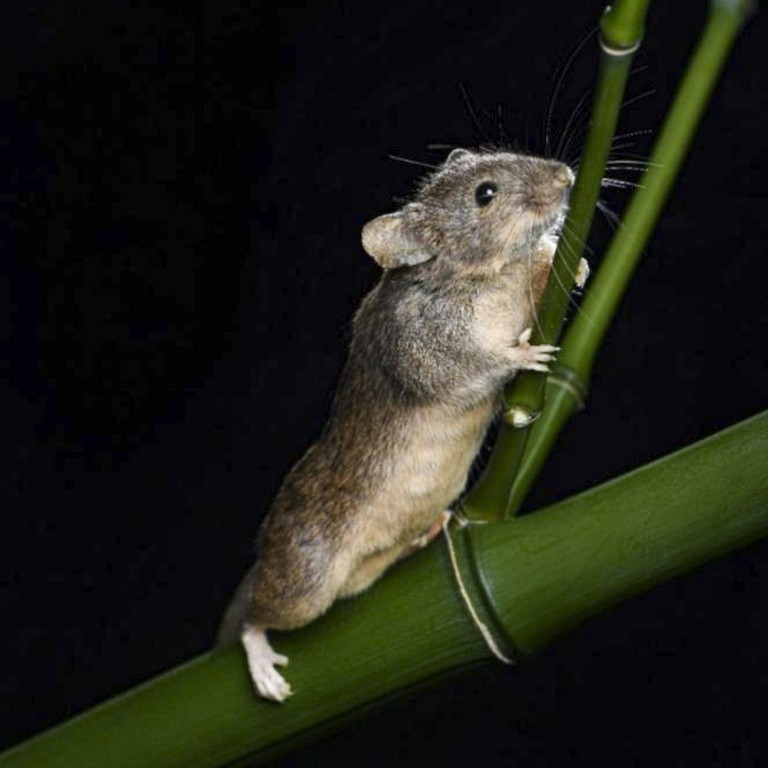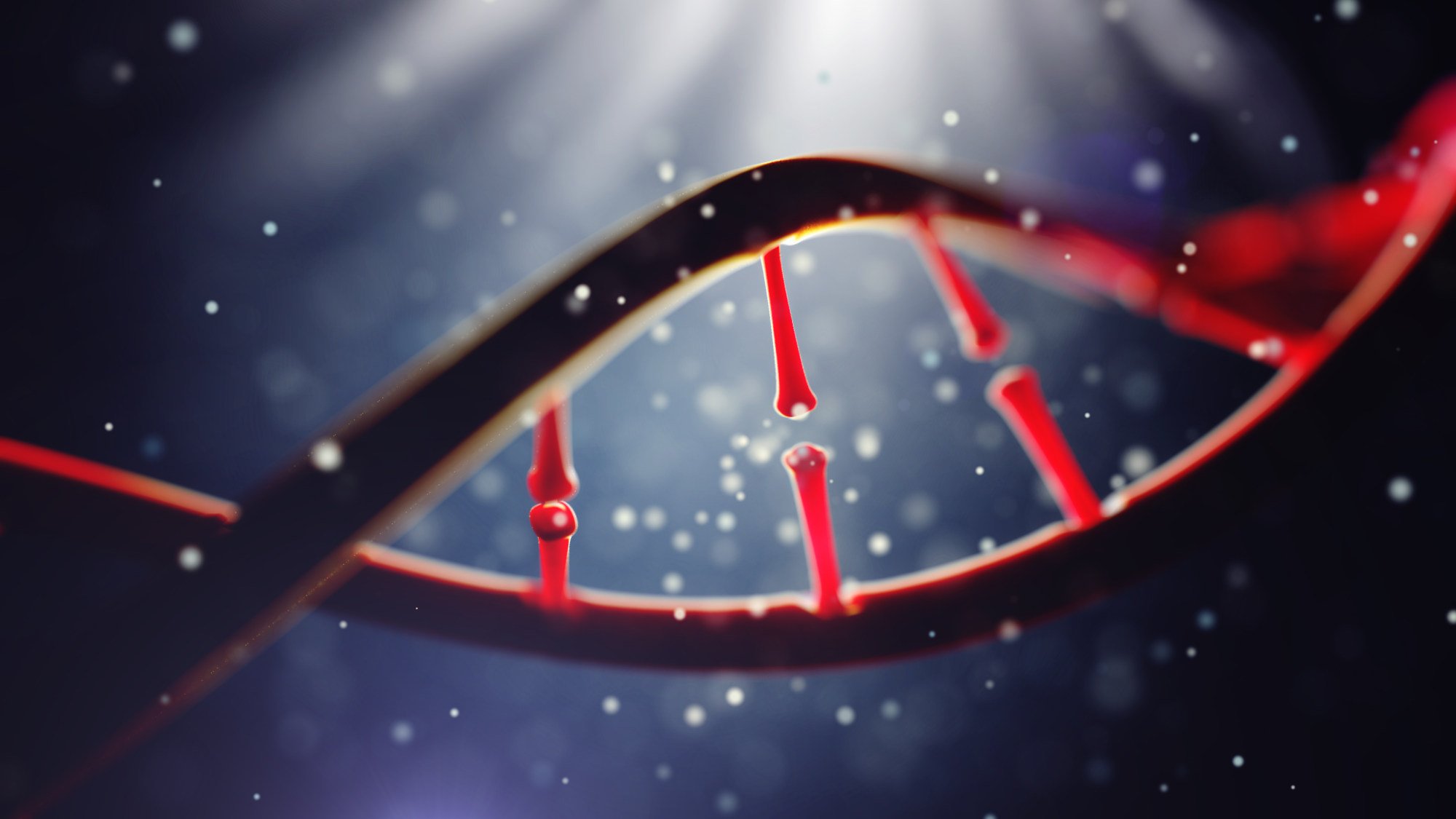
A mouse that roars: Chinese scientists create the first mammal with fully reprogrammed genes
- Chinese Academy of Sciences team says it has fully recombined the chromosomes of a mouse named Xiao Zhu, or ‘Little Bamboo’
- A report on the experiment, which produced a mouse with 19 pairs of chromosomes – one fewer than natural – has been published in Science magazine
A team of scientists in Beijing has announced they have achieved a complete recombination of the chromosomes of a mouse, a genetic engineering breakthrough that could pave the way for the design and creation of mammal species that do not exist in nature.
The mouse – called Xiao Zhu, or “Little Bamboo” – was the world’s first mammal with fully reprogrammed genes, the scientists said, referring to a process where researchers break chromosomes into various segments and put them back together in different combinations to create a new package of genes.
.
This is the first time the modification of mammalian genes has been carried out in a scale as big as chromosomes, according to the researchers.
Chromosomes are threadlike components that hold DNA in a cell’s nuclei. They break apart and recombine naturally, driving the reproduction and evolution of most life forms on Earth.
This natural process is extremely complicated and delicate. Until recently, human intervention had been limited, successful only with single-cell organisms like yeast.

“Mammalian genomes are much more complex than yeast genomes, and complete chromosomal rearrangements in mammals have remained unsuccessful,” Li Wei, a researcher with the Institute of Zoology at the Chinese Academy of Sciences in Beijing and lead author of the study, told the state-owned Science and Technology Daily.
According to their paper, which was published in Science magazine on Thursday, Li and his colleagues used CRISPR, a gene-editing tool that works like a scissor, to manipulate the chromosomes in a unique reproductive stem cell of the mouse that was tailor-made by the team.
Under natural conditions, mistakes can happen during the separation and fusion of chromosomes, sometimes causing serious diseases such as cancer.
In Li’s lab something similar occurred. When the team tried to stitch together two very long pieces of chromosome, they either killed the mice or produced unhealthy specimens with deformed bodies or weird behaviours.
For the first time in the world, we have achieved complete chromosomal rearrangement in mammals
But the researchers discovered that if they used shorter chromosomes and reduced the total number of chromosomes to 19 pairs – one pair fewer than in a natural mouse – they could create a new species that appeared healthy and normal even though the chromosome package in their cells was completely different from any other mice.
“This means that, for the first time in the world, we have achieved complete chromosomal rearrangement in mammals, making a new breakthrough in synthetic biology,” Li was quoted by Science and Technology Daily as saying.
“This research is a breakthrough in bioengineering technology, helping to understand the impact of large-scale remodelling of mammalian chromosomes, and to gain a deeper understanding of the molecular mechanisms behind growth and development, reproductive evolution, and even the creation of a species,” he added.
The Chinese team let the reprogrammed animals mate with normal mice. Though the reproduction rate was relatively low, the lab-created species could pass their manipulated chromosomes to their offspring, suggesting the effect of human intervention could extend through generations.
Scientist who made first gene-edited babies freed from jail in China
The technology could help find cures to conditions like infertility and diseases like cancer because it lets scientists observe and control the complex activities of chromosomes in mammalian cells, the research team said.
Chinese scientists have recently achieved engineering breakthroughs in fundamental life science including the creation of artificial sperm and the conversion of a normal cell to a stem cell with potential to develop into a full animal.
Li’s team said that the animal experiment had the approval of the academy’s research ethics committee. Using CRISPR on human embryos has been strictly prohibited in China after He Jiankui, a Shenzhen-based biologist, went to prison for creating the world’s first gene-edited babies with the technology in 2018.

